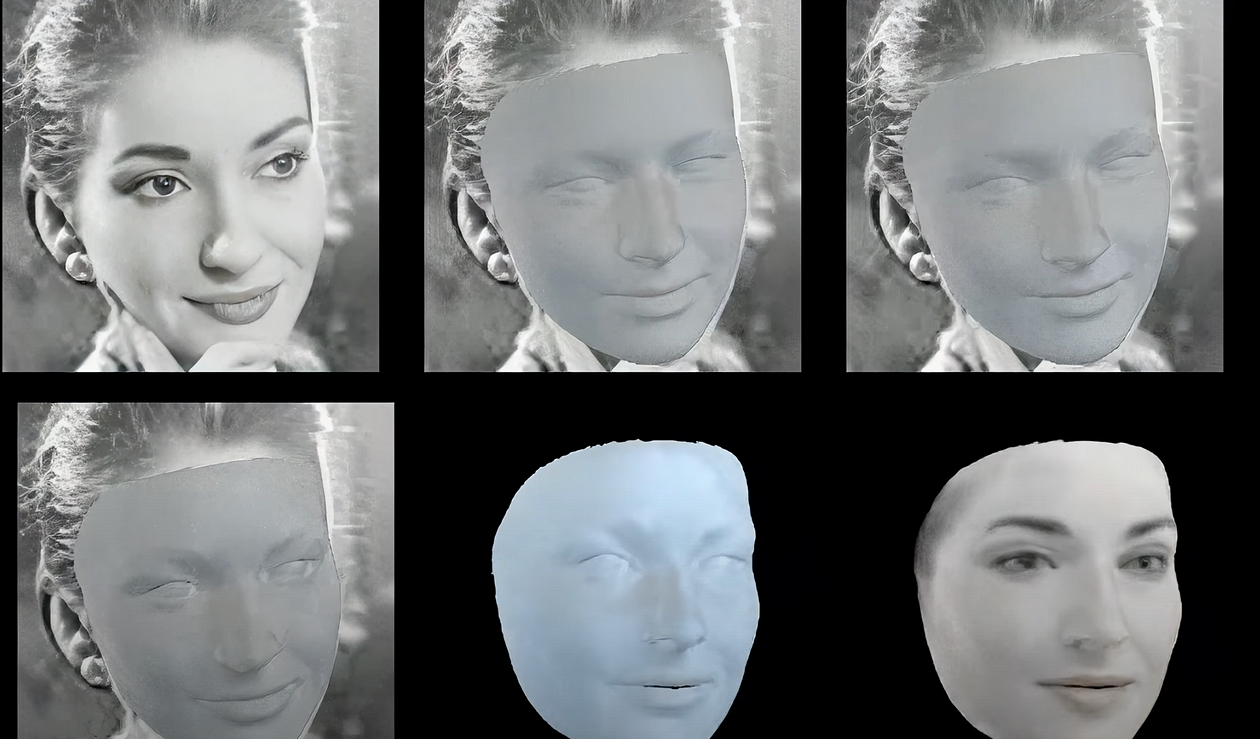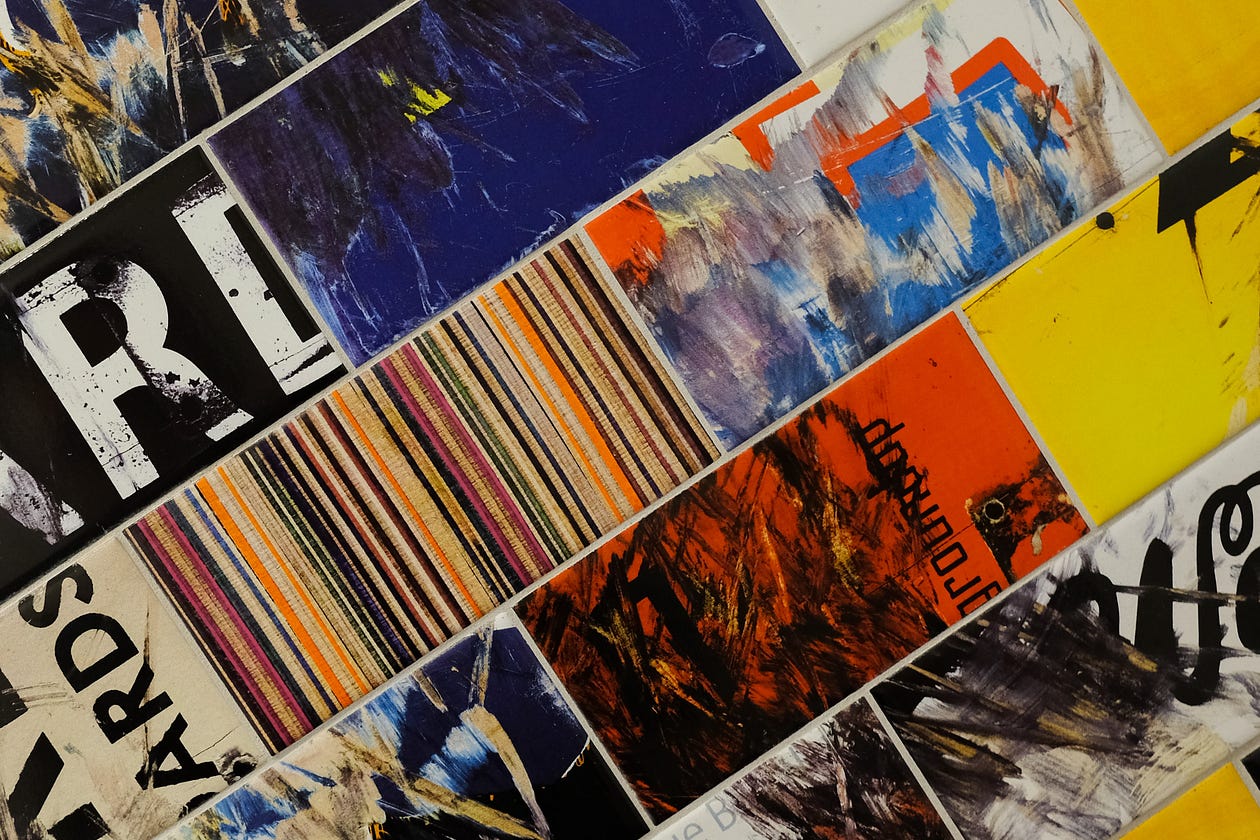Black Mirror and the Hollywood Writers Strike

AI poses an existential threat to the entertainment industry as we know it, and it is entirely justified for the WGA to demand control over its usage. Networks and studios have a troubling history of adopting new technologies. In 2008, studios commanded a $16.9 billion market in DVDs and home videos, but their lack of understanding and adaptation to streaming technology caused an 86 percent loss within the first decade. Change happens rapidly in the entertainment sector, with sound movies replacing silent films and television superseding network radio. The rise of streaming has significantly impacted artists’ income and studio financing, wiping out billions in revenue.
Throughout these technological transitions, studios have historically pursued a scorched-earth policy, leaving entire generations of artists and technicians, along with the culture they created, behind. While these actions sustained the companies themselves, they came at the expense of others. In the ongoing technological reversal, where streamers are displacing the established studio infrastructure, one notable casualty has been the mid-budget movie. This level of funding allowed filmmakers to make a living, and empowered studios to take risks and discover new audiences — all made possible by the safety net of DVD sales.
Joan is Awful is the latest episode from the Netflix sci-fi series, Black Mirror, and shows a dystopian world where Joan, played by Schitt Creek’s Annie Murphy, has her life portrayed by actress Salma Hayek on a streaming platform for entertainment. The characters are played by artificial intelligence but the human protagonists don’t have any legal rights to how their image is presented and they either receive little compensation or none at all. With the Writers Guild of America (WGA) strike voicing similar concerns in May about AI replacing scriptwriters, and worried creatives like actors also stepping into the debate about AI taking jobs, Black Mirror is more reality TV than sci-fi.
Throughout the six series of Black Mirror, writer Charlie Brooker has explored the potential consequences of technology on society. Joan is Awful couldn’t be more topical and feeds into the zeitgeist that machines can replace humans in all employment sectors like entertainment, including replacing human actors. In a recent interview with actor Annie Murphy, she said that she understood the concerns writers have about AI:
“It’s not just writers being whiny,” she says, “it’s them saying, ‘Can we not be replaced by computers?’ and that’s such a scary thing for human beings to have to ask.”
The use of deepfake technology to create the likeness of actors Tom Cruise, Keanu Reeves, and Salma Hayek has raised concerns about the ownership of digital images. The actors union, SAG-AFTRA is pushing for safeguards with Hollywood studios to protect the rights of actors’ intellectual property, and their audio-visual likeness.
Some of the biggest films like Avatar have used computer-generated imagery (CGI) alongside actors wearing motion capture suits to create body doubles. Tom Hanks in The Polar Express played multiple AI-generated characters way back in 2004 but in twenty years, the technology has advanced to a point when actors are no longer needed for the CGI, and that’s worrying because voice-over actors can also be recreated by generative AI. It’s not A-listers who will be affected by this because Hollywood needs names to sell films and TV shows. It’s the working actors who will be replaced and where do they go from here?
While actor Harrison Ford has praised AI technology in his latest film, Indiana Jones and the Dial of Destiny, “When it’s helpful, I’m happy to have it,” he says in an interview with CNN’s Chris Wallace about the film’s AI de-aging process. In contrast, Samuel L. Jackson said in an interview for Rolling Stones:
“Future actors should do what I always do when I get a contract, and it has the words ‘in perpetuity’ and ‘known and unknown’ on it: I cross that s–t out.”
From de-aging actors to recreating the voices of deceased performers, Hollywood studios are increasingly relying on AI tools to enhance their productions. This has created unrest about the rights and compensation of artists. As the Screen Actors Guild (SAG) prepares for negotiations with Hollywood studios, the issues around consent and ownership are ongoing.
The use of generative AI to replicate an actor’s image, likeness, or voice without their consent or compensation is a big concern. SAG aims to protect performers’ rights by incorporating informed consent clauses in future contracts. This would require disclosure and compensation for certain AI uses based on the performers’ likeness and performance.
In May SAG-AFTRA reached an overwhelming majority of its members, nearly 98% of the union’s 65,000 members, to vote for strike action and cited job insecurity amidst fears that AI could replace humans in acting roles. The move reflects the escalating concerns within the entertainment industry over the use of generative AI and its potential impact on actors and writers. Critics have pointed out that the Hollywood actors union’s decision to strike has been viewed by some as a virtue-signaling exercise as writers are expected to be the most affected by the use of generative AI technology.
The recent strike by the Writers Guild of America (WGA), where 11,500 members participated, highlighted issues with the use of AI in the writing process. Writers demanded new regulations governing the use of AI in film and television writing during ongoing contract negotiations with major studios.
Unlike actors, writers face different challenges when it comes to AI infringement. While they can seek compensation if their work is deemed a reproduction or derivative, this becomes increasingly difficult when AI systems have learned from a vast number of scripts. Consequently, writers struggle to protect their intellectual property rights when their work is scraped by large language models (LLMs).
AI systems like ChatGPT can produce filmable scenes based on simple prompts, which could reduce the need for traditional writers in genres such as police procedurals and sitcoms. Voice actors, especially those not known for on-camera performances, are also at risk. Voice cloning technology has advanced significantly, enabling the replication of any voice, further endangering the livelihoods of voice actors. How can an artist’s work be protected?
Contracts often contain restrictions against the use of an actor’s name, likeness, or performance in any work other than the one for which they were hired. However, lawyers fear that AI-generated performances could be used to train AI models, violating these restrictions. Reframing AI works as a collaboration of a number of artists is crucial in protecting performers’ rights.
A primary concern for creators is ensuring fair compensation for their original artwork, as well as any subsequent AI creations that stem from it. Issues surrounding ownership and the original DNA of the work need to be addressed to benefit both the industry and artists. As the use of original art expands, opportunities for each creative work increase exponentially. Similar to the way musicians receive royalties for sampled or mashed-up music, accurate attribution is crucial for artists to receive a percentage of any transaction based on their contribution to the final artwork.
AI isn’t all bad and used properly as a collaborative tool, it can enhance workflow. Writers can employ predictive learning tools to enhance their work and reach wider audiences. By analyzing key story elements like characters, settings, plots, and themes, AI can give suggestions to improve or tailor content for specific audience types. This approach allows creators to dedicate more time to writing and creating content. AI technologies, creators, and artists can streamline workflow and expand reach. Machine learning can alleviate repetitive tasks, predictive learning can enhance storytelling, proper attribution can ensure fair compensation, and AI-driven fan engagement can create unique experiences.
The growing use of AI in the entertainment industry poses complex challenges for performers and writers. Balancing the rights and compensation of artists while ensuring economic fairness is crucial. The Screen Actors Guild’s push for informed consent and fair compensation for AI-generated performances reflects the need to address these concerns. As the industry evolves, discussions and negotiations between unions, studios, and artists will shape the future of AI’s role in Hollywood, aiming to find a balance between innovation
What we do know is that AI is here to stay but just like talking movies obliterated the silent movie era, the industry evolved and its output was much better for it.
Ginger Liu is the founder of Ginger Media & Entertainment, a Ph.D. Researcher in artificial intelligence and visual arts media — specifically death tech, digital afterlife, AI death and grief practices, AI photography, entertainment, and an author, writer, artist photographer, and filmmaker. Listen to the Podcast — The Digital Afterlife of Grief.







